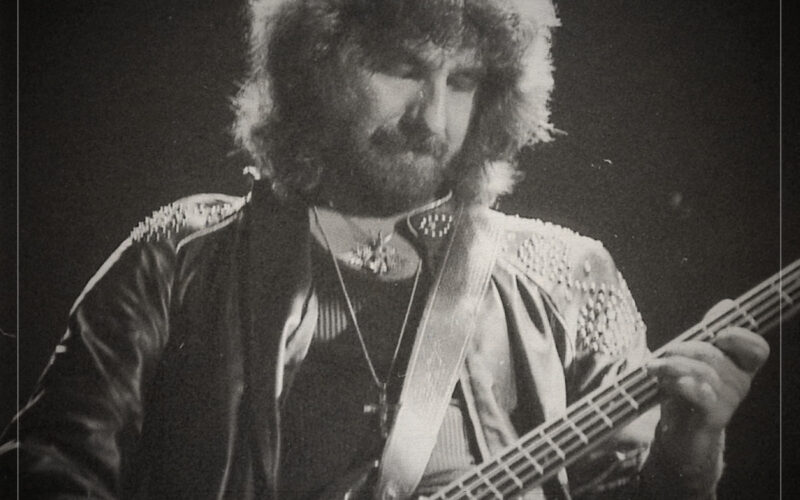For the sake of my partner, I had to rewatch the first season of Severance so that we could continue onto the second together. Patiently, I watched her grapple with the first few episodes and fought off questions of when it might speed up. Then, on the seventh episode, Billie Holiday soundtracked a moment that kicked her interest into gear, a moment that, as such, remains one of my favourites in television history.
Holiday’s ‘I’ll Be Seeing You’ was an off-beat addition to this otherwise dystopic drama. So far, the series had been inquisitive and, at times, chilling, devoid of the sort of warmth in Holiday’s voice. Yet ‘I’ll Be Seeing You’ felt perfect for a scene that reveals—spoiler alert— that Miss Casey is, in fact, Mark’s supposedly dead wife.
But of course it worked, for Holiday’s voice brought with the sort of inherent yet unidentifiable sense of familiarity that was thematic in this scene. Through the protagonist, we experience that sense of unexplained comfort from a woman whose real-life influence is not yet known to us. And as a music fan, that’s largely how my relationship with Billie Holiday’s music has existed.
She has, of course, always been there, a mainstay of cultural influence since long before I was born. And while ‘I’ll Be Seeing You’ was a cover, it perfectly depicted the unique skill of Holiday’s artistry. She enveloped that sense of human vulnerability, piercing through the noise of social norms and painted the picture of feminine existence with bursting colour.
Refusing to remain silent and stoic, her voice lent itself to a more nuanced female experience. One that wasn’t immune to heartaching loss, one unafraid to address family trauma in ‘God Bless the Child’, and perhaps, most admirably, one that wouldn’t remain silent and would instead call out injustices on her protest track ‘Strange Fruit’.
The latter song, in particular, was one that was so politically profound, it garnered fans from all corners of the musical globe and genre. Including Black Sabbath’s Geezer Butler, who said, “I discovered Billie Holliday quite late on—in the 1980s—and immediately fell in love with her voice. So much emotion and feeling, and completely unique. I like the range of songs on this album, from standards to ‘Strange Fruit’, but her interpretation of them is magical. I never tire of listening to this album.”
The track was a seminal moment for Holiday. An artist who, as Butler pointed out, had a uniquely characteristic voice and was willing to use it for more than simple love songs. Released in 1939, it was a scathing and unflinching take on racial brutality in America’s Deep South.
While the gory reality of early 20th-century America Holiday references is largely in the past, the remnants of the issues at hand are still very much at play. And so if you’ve ever questioned the importance of Holiday as an artist, listen to ‘Strange Fruit’, now in 2025, and you’ll realise her voice is as important as ever.






